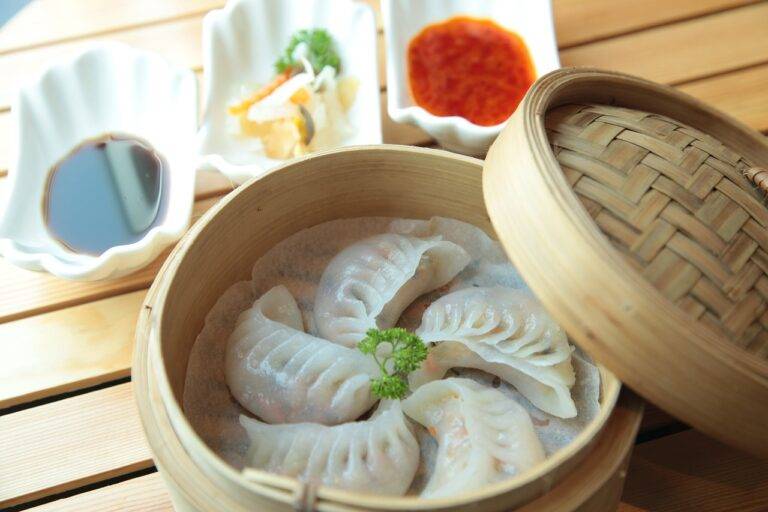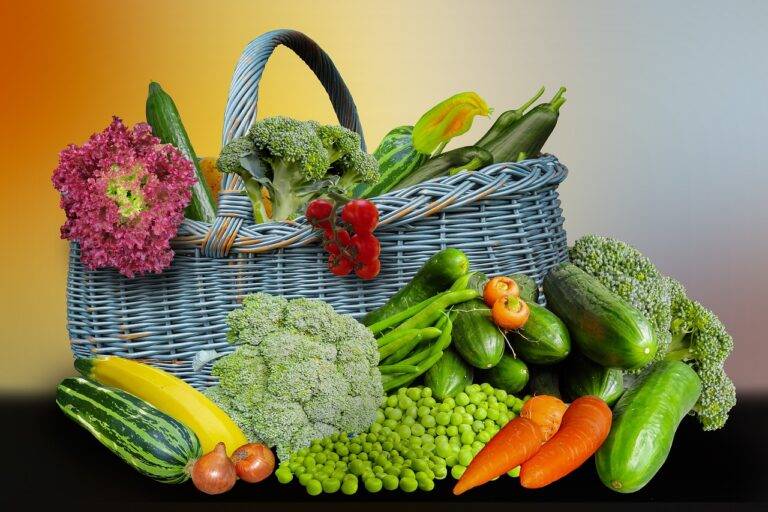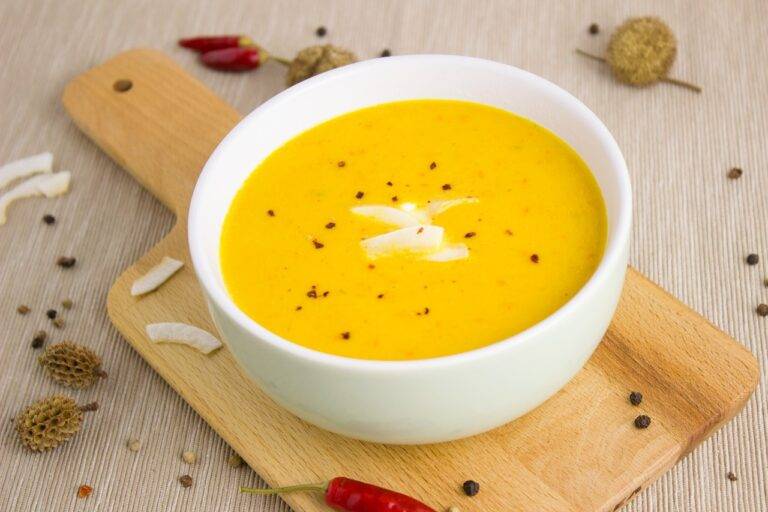Exploring the Role of Food in Festivals and Celebrations
Food plays a crucial role in cultural celebrations around the world. It is not just about nourishment but also about bringing people together, fostering a sense of community, and honoring traditions. Every dish served during these celebrations carries with it a rich history and significance, making the experience of sharing a meal even more meaningful.
In many cultures, the act of preparing and sharing food is a way to express love, respect, and gratitude towards others. Whether it is a grand feast during a religious holiday or a simple gathering of family and friends, the food served during cultural celebrations holds a special place in the hearts of those partaking in the festivities. It serves as a way to connect with one’s roots, pass down traditions to future generations, and celebrate the unique customs and beliefs of a particular culture.
Traditional Dishes and Recipes Passed Down Through Generations
One of the most cherished aspects of cultural heritage is the tradition of passing down recipes through generations. These dishes not only carry flavors that have stood the test of time, but they also hold sentimental value, connecting communities to their roots. From the spices used to the cooking techniques employed, each recipe tells a story of the past, bridging the gap between generations.
In many cultures, preparing traditional dishes is a way to honor ancestors and preserve the customs of the past. These recipes often require meticulous attention to detail and a deep understanding of the cultural significance behind each ingredient. By continuing to cook these dishes, families not only maintain their culinary traditions but also ensure that the stories and memories tied to each recipe live on for years to come.
Symbolism of Food in Festivals and Celebrations
Food plays a significant role in various festivals and celebrations around the world. Different cultures have unique traditions where specific foods are prepared and consumed to signify important aspects of the event. These symbolic foods often represent values, beliefs, or historical events that hold special significance to the community.
In many cultures, the act of preparing and sharing certain foods during festivals serves as a way to honor ancestors and connect with traditions from the past. These symbolic dishes are often lovingly crafted using age-old recipes and techniques that have been passed down through generations. By partaking in these foods during celebrations, individuals not only pay homage to their roots but also foster a sense of unity and continuity within their society.





